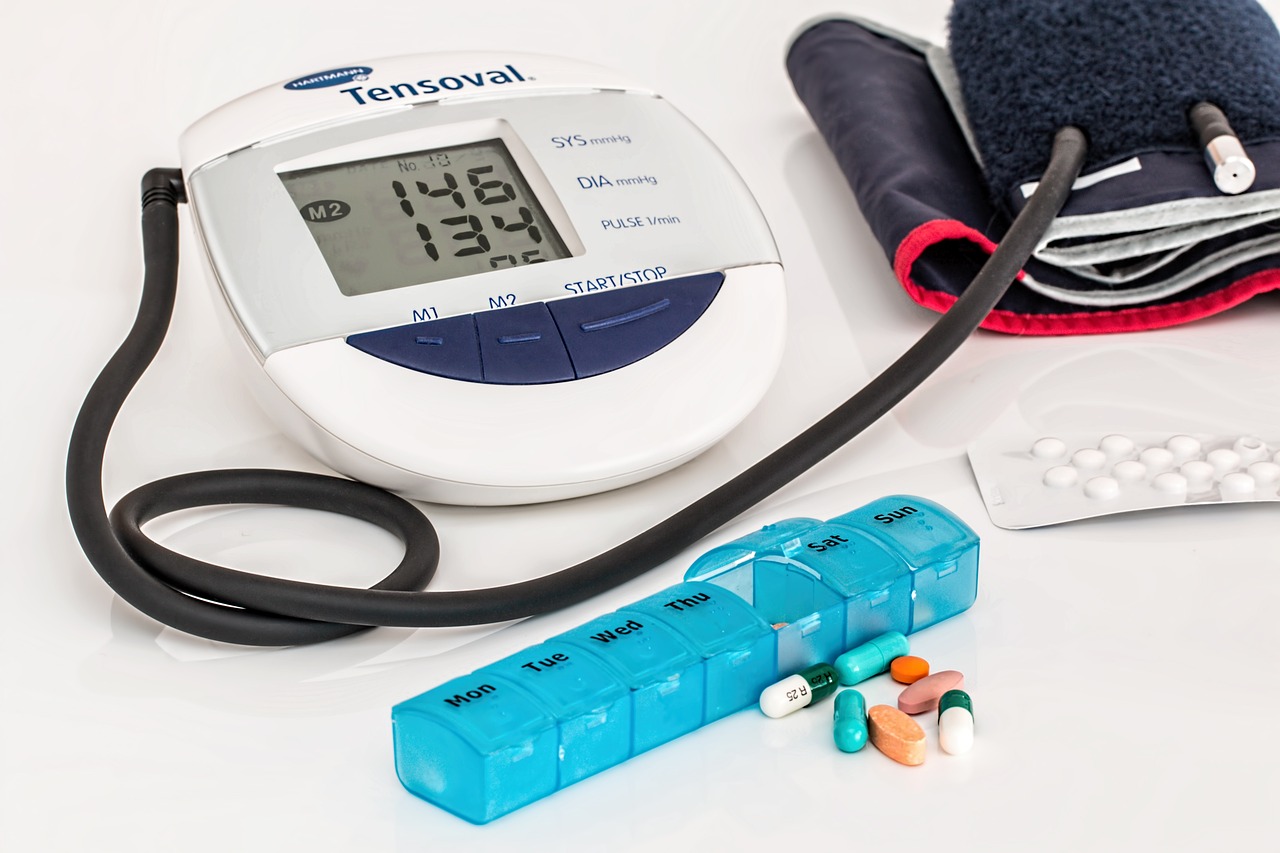Sports-related injuries sustained during physical activity and athletic competition are the focus of the field of sports medicine. Physical therapists, athletic trainers, massage therapists, and medical doctors typically work together in a normal practice. This kind of organization is largely concerned with athletics and athletic medicine. The non-surgical medical management of musculoskeletal sports injuries will be the main focus of a normal practice. Most doctors’ main focus will be on diagnosing and treating any medical issues that impact athletes, including acute illnesses, chronic conditions like hypertension, acute injuries from overuse, heat illness, and amenorrhea.
In general, doctors will work with their patients to improve function, reduce impairment, and shorten their time away from job, school, and sports.
Many board-certified doctors who begin their careers in general sports medicine-related clinics are qualified to take a subspecialty certification exam in sports medicine. It is frequently challenging to tell an orthopedic surgeon from a sports medicine doctor because clinics may include a wide range of specialties. Despite the fact that both are skilled in musculoskeletal medicine and play a significant role in the treatment of sports-related injuries, there are some clear differences. While orthopedic surgeons are also trained in the operational treatment of these disorders, the majority of sports medicine doctors focus on the non-operative medicinal therapy of musculoskeletal sports conditions. While a significant portion of sports injuries don’t require surgery, these doctors can accelerate referrals to orthopedic sports surgeons when necessary. They can also assist with directing referrals to the proper rehabilitation treatment and ancillary services as needed.
Working with a skilled sports medicine doctor will give many people access to guidance on workouts that increase stamina, strength, and flexibility.
Many sports doctors may do fitness assessments, provide dietary counsel, and other forms of coaching to assist players perform better. Preventive medicine is a major focus for the majority of sports medical professionals, and conditioning is crucial.
Orthopedists’ job is to perform surgery in order to perhaps restore a function that may have been lost due to an illness or accident. They are involved in every facet of musculoskeletal system-related health care. In their work, orthopedists combine medical, physical therapy, and rehabilitation techniques with surgical ones. Also, orthopedic surgeons collaborate closely with other medical specialists and frequently act as consultants for numerous other doctors.


